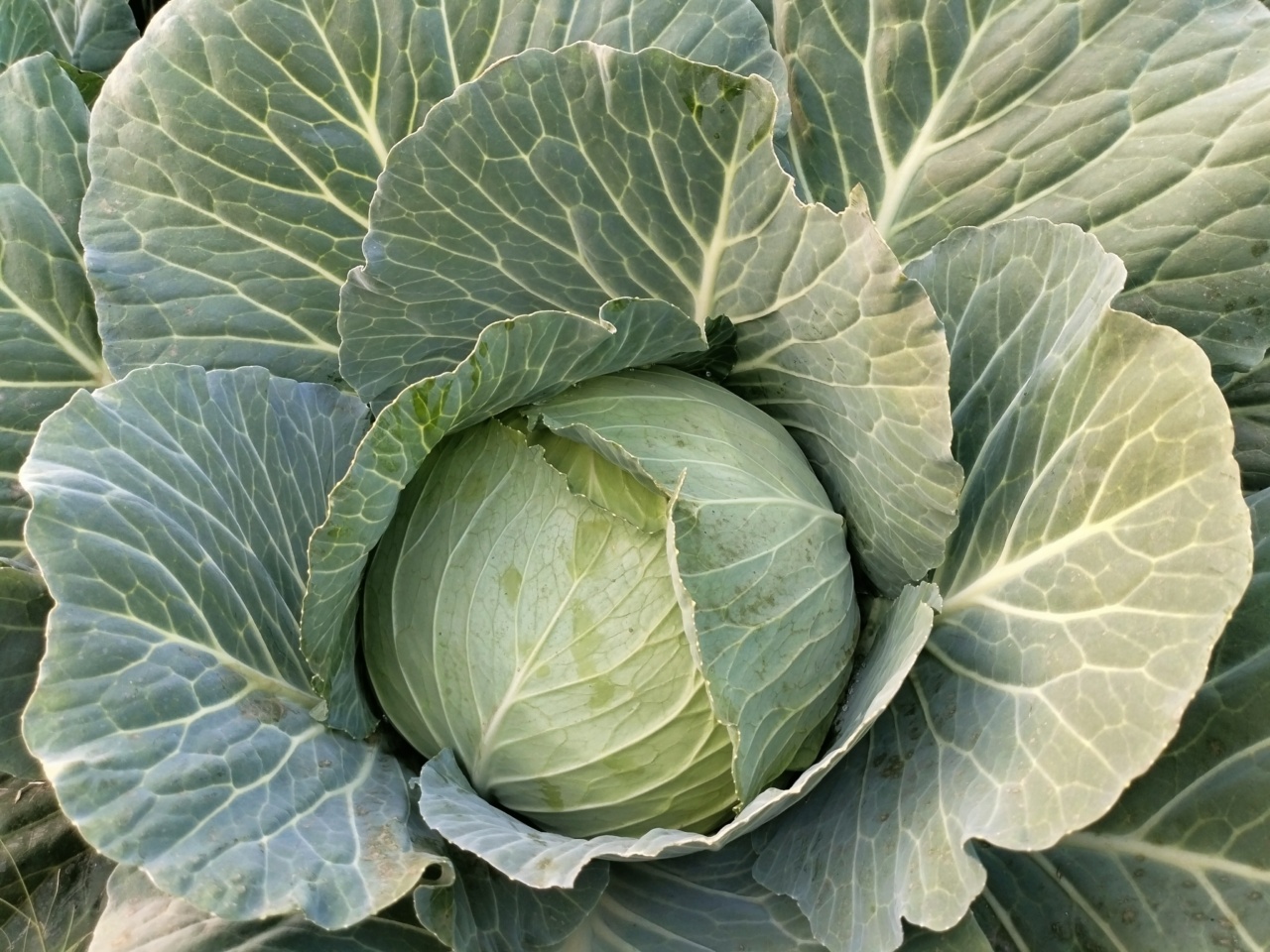When we think of cabbage, we often picture a bland and unexciting vegetable that is only good for coleslaw or sauerkraut. However, recent research has shown that cabbage is actually a nutritional powerhouse that can have significant health benefits.
From cancer prevention to improved digestion, here are 10 reasons why cabbage is becoming a scientific superstar.
Cabbage is High in Nutrients
Cabbage is low in calories but high in nutrients, making it a great choice for those looking to maintain a healthy diet. One cup of chopped cabbage contains approximately:.
- 22 calories
- 2 grams of fiber
- 1 gram of protein
- 85% of the recommended daily intake (RDI) of vitamin K
- 54% of the RDI of vitamin C
- 10% of the RDI of vitamin B6
- 6% of the RDI of folate
- 5% of the RDI of potassium
- 4% of the RDI of magnesium
- 3% of the RDI of calcium
These nutrients work together to support many aspects of our health, including blood clotting, immune function, and bone health.
Cabbage Contains Antioxidants
Cabbage is rich in antioxidants, which help protect our cells from damage caused by harmful molecules called free radicals. These antioxidants include:.
- Flavonoids
- Anthocyanins
- Phenols
- Vitamin C
Some studies have suggested that these antioxidants can help reduce inflammation, lower the risk of heart disease, and even prevent certain types of cancer.
Cabbage May Help Lower Cholesterol
High levels of LDL (bad) cholesterol in the blood can increase the risk of heart disease. Some studies have shown that cabbage may help lower LDL cholesterol levels, possibly due to the high amount of fiber and antioxidants in the vegetable.
Cabbage May Improve Digestion
Cabbage is high in fiber, making it a great choice for those looking to improve their digestive health. Fiber helps keep our digestive system running smoothly by promoting regular bowel movements and preventing constipation.
Cabbage also contains a compound called sulforaphane, which has been shown to help protect the lining of the stomach and prevent the growth of harmful bacteria.
Cabbage May Benefit Brain Health
The high amount of vitamin K in cabbage has been linked to improved brain function and a reduced risk of cognitive decline.
One study found that people who ate more leafy green vegetables like cabbage had a slower rate of cognitive decline compared to those who ate fewer greens.
Cabbage May Help Prevent Cancer
Some studies have suggested that cabbage has anti-cancer properties, possibly due to the high amount of antioxidants and sulfur compounds in the vegetable.
One study found that women who ate the most cabbage had a lower risk of breast cancer compared to those who ate the least. Other studies have shown that cabbage may also help reduce the risk of lung, colon, and prostate cancer.
Cabbage May Help Control Blood Sugar
Cabbage is a low-carbohydrate vegetable, making it a good choice for those looking to control their blood sugar. The fiber and antioxidants in cabbage may also help improve insulin sensitivity, which can reduce the risk of type 2 diabetes.
Cabbage May Help Boost Immune Function
The high amount of vitamin C in cabbage can help boost our immune function by supporting the production of white blood cells.
Some studies have also suggested that cabbage may have antibacterial properties, which can help fight off harmful bacteria and viruses.
Cabbage May Have Anti-Inflammatory Effects
Inflammation is a natural response by the body to injury or infection. However, chronic inflammation can contribute to many diseases, including heart disease, arthritis, and cancer.
Some studies have shown that the antioxidants and other compounds in cabbage may have anti-inflammatory effects, possibly helping to reduce the risk of these diseases.
Cabbage is Versatile and Easy to Add to Your Diet
Cabbage is a versatile vegetable that can be eaten raw or cooked in a variety of dishes. Some easy ways to incorporate cabbage into your diet include:.
- Adding raw cabbage to salads or coleslaw
- Sautéing or stir-frying cabbage with other vegetables
- Using cabbage leaves as a wrap for tacos or sandwiches
- Adding chopped cabbage to soups or stews
With so many health benefits and easy ways to add it to your diet, there’s no reason not to make cabbage a staple in your kitchen!.































